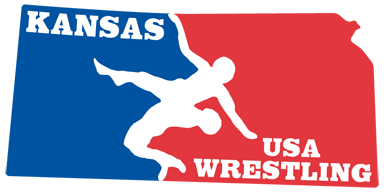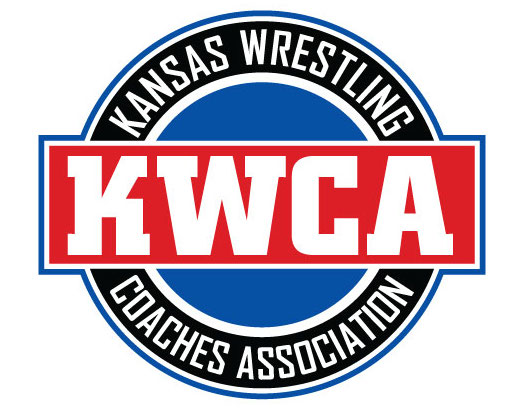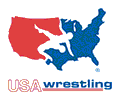Decided to jump into the fire a little this morning. I agree that stalling, fleeing the mat, and a number of other things can and should be called more often. Another thing is to officiate to prevent these types of calls. I try to remind the wrestler to, “keep it in the center”, “circle in,” and remind them “you both have to work,” “work to pin,” or “work to escape.” I remind the kids a time or two, and that is it. I consider that preventative officiating, and if a wrestler abides they usually work. It helps on the out of bounds and restarts. With open kids an official has to call the calls. I know from experience that on a national level those calls get called a lot more and will affect a kids effectiveness on that level.
I believe that while the call is the call, you have to be little more lenient in novice.
I have had coaches get upset when I dinged a wrestler for continuing to back up in a novice division, but at the end of the year, these are things the wrestler should know. I am a little reserved to give a point in a novice division, but will and have. I actually gave one at Derby for fleeing the mat; in this situation, the wrestler drove his opponent off the mat. I explained the call to the coach when he asked, thinking that I had called an escape, and he replied, “oh, that is fine, make him wrestle.”
One of the things I would encourage coaches to do, not so much coaches who have been around the sport but parents who are learning the sport, is to learn the rules. I’m not saying that to be critical, but from experience. I know the need to be around the sport, be involved and realizing that it takes time to learn the rules, especially on issues like those mentioned on this thread. It is important to remind the wrestlers that once they have received a warning, then they have to pick it up. This weekend, I gave a wrestler on bottom in a tie situation a warning for stalling. That boy, a novice by the way, picked it up and didn’t stop. He kept on until he got the reversal with about 10 seconds to go in the match. At that point, the warning reaffirmed to the boy that he was better off wrestling than he was laying there not doing anything.







